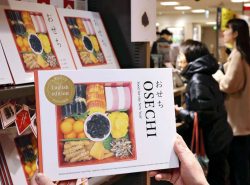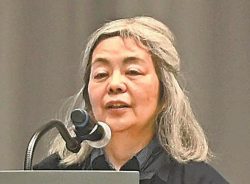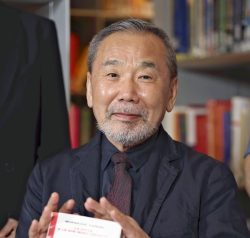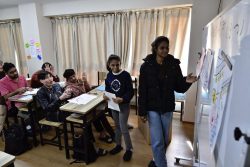European Literary Festival Held Across Tokyo; Poets, Novelists, Translators to Meet The Public
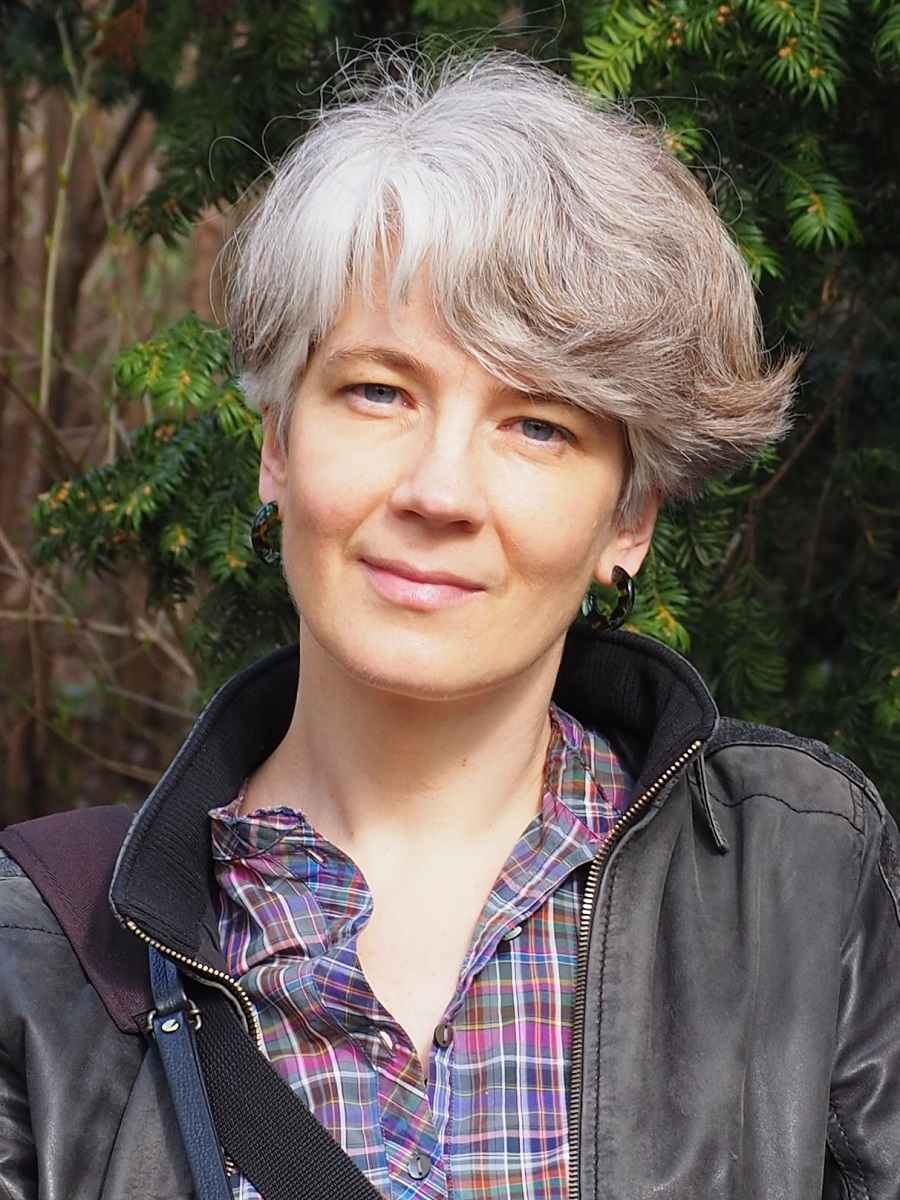
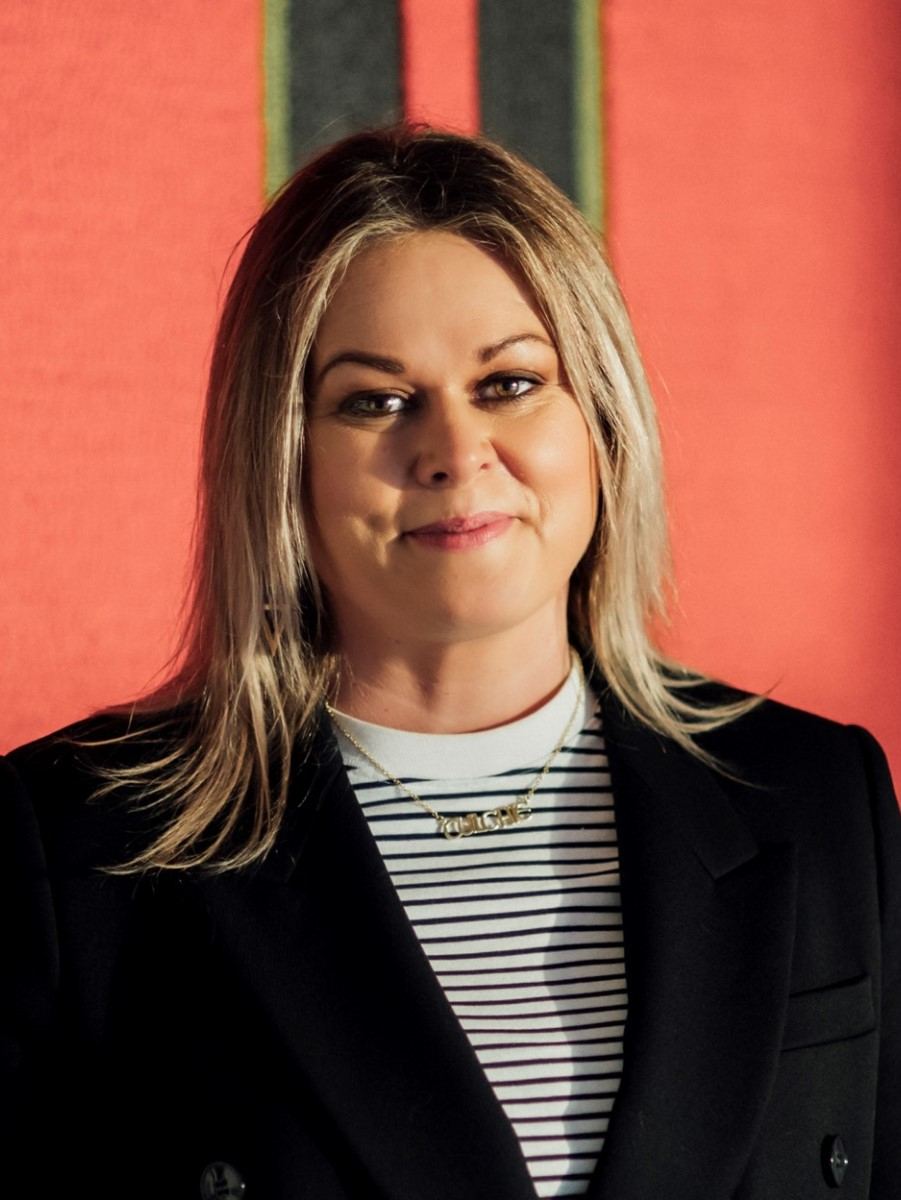
Left: Polish poet Krystyna Dabrowska
Right: Irish poet and novelist Elaine Feeney
1:00 JST, October 11, 2024
Thirteen-year-old Jamie, protagonist of the Booker Prize-nominated novel “How to Build a Boat,” thinks that if he could only invent a perpetual motion machine, it would somehow reunite him with his long-dead mother. That idea may be fanciful, but there is a real-life device that can connect people across seemingly impossible distances: literature.
The European Literature Festival, to be held in Tokyo from Oct. 11-14, will provide evidence of that fact across an array of 21 events featuring poets, novelists and translators from Japan and over a dozen European countries. Twenty of the events are free and open to the public, but registration at the eulitfest.jp website is required for most.
Irish poet and novelist Elaine Feeney, who wrote “How to Build a Boat,” will appear at one of those events, a live discussion with translator Sato Inoue and Japanese young-adult novelist Mary-Lou Hasegawa at the Italian Institute Tokyo in Chiyoda Ward on Oct. 14.
“My work is all about the interconnectedness of people … but [also] how many people are extremely lonely,” Feeney told The Japan News in an email interview. “I like the idea of novels and art crossing generations and class divides, so I am hoping to talk about this.”
Polish poet Krystyna Dabrowska shared a similar thought about her appearance with Japanese poet Yasuhiro Yotsumoto at the Goethe-Institut in Minato Ward on Oct. 12. “We will be talking about interactions and relationships between people as an important source of inspiration for writing. We also want to discuss affinities and differences between Polish and Japanese poetry, both classical and contemporary. They have strikingly many things in common – like concreteness, sense of humor and the tendency to search for the most concise form,” Dabrowska said in an email.
She and Yotsumoto will read and discuss their poetry, which will take especially concrete form in a performance by butoh dance unit Yubusha.
On Oct. 13 Dabrowska and Lithuania-based poet Ausra Kaziliunaite will join two Japanese writers — poet Yuki Nagae and novelist Yusho Takiguchi — for a discussion at Book Store B&B in Setagaya Ward. Dabrowska said the foursome “will be discussing the literary traditions and the contemporary poetry and art scene in our countries… And because we all are the alums of the International Writing Program at the University of Iowa, we plan to talk about our experience with this and other writers’ residencies.”
Other highlights of the festival will include talks on “The Impact of the Moomin Books on Adults and Children” and “Karen Blixen / Isak Dinesen in Words and Pictures,” held consecutively on Oct. 12 at the Minato-ku Industry Promotion Center.
Oct. 13 will see the presentation of the Kakehashi Literature Award at the Goethe-Institut. The biennial prize, “to promote contemporary German-language literature and its translations in Japan,” will go to author Robert Menasse and Japanese translator Tomoko Fukuma for the novel “Die Hauptstadt.”
And on Oct. 14, Marta Carnicero, author of novels in Spanish and Catalan, will be interviewed by Gonzalo Robledo, a correspondent Spain’s El Pais newspaper, about “Identities in the Mirror of Contemporary Narrative” at the Instituto Cervantes Tokio in Chiyoda Ward.
The sessions will be held in a variety of languages, but English and Japanese will be available at most of them.
There will be plenty of deep thoughts at these events, but Dabrowska offered a refreshing reminder that literature can spring from everyday life: “Everything here is so new for me: even the pillow in my dorm room in Kyoto, which is not soft but filled with hard buckwheat. At first I couldn’t imagine sleeping on it, but it turned out to be unexpectedly comfortable … every day since my arrival brings something inspiring.”
Top Articles in Culture
-

BTS to Hold Comeback Concert in Seoul on March 21; Popular Boy Band Releases New Album to Signal Return
-

Director Naomi Kawase’s New Film Explores Heart Transplants in Japan, Production Involved Real Patients, Families
-
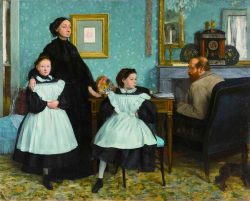
Tokyo Exhibition Offers Inside Look at Impressionism; 70 of 100 Works on ‘Interiors’ by Monet, Others on Loan from Paris
-
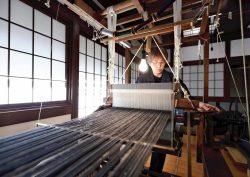
Traditional Japanese Silk Hakama Tradition Preserved by Sole Weaver in Sendai
-

Exhibition Featuring Yoshiharu Tsuge’s Manga World Underway in Chofu, Tokyo; Unique, Surreal Works Draw Steady Crowds
JN ACCESS RANKING
-

Producer Behind Pop Group XG Arrested for Cocaine Possession
-

Japan PM Takaichi’s Cabinet Resigns en Masse
-

Man Infected with Measles Reportedly Dined at Restaurant in Tokyo Station
-

Israeli Ambassador to Japan Speaks about Japan’s Role in the Reconstruction of Gaza
-

Videos Plagiarized, Reposted with False Subtitles Claiming ‘Ryukyu Belongs to China’; Anti-China False Information Also Posted in Japan



